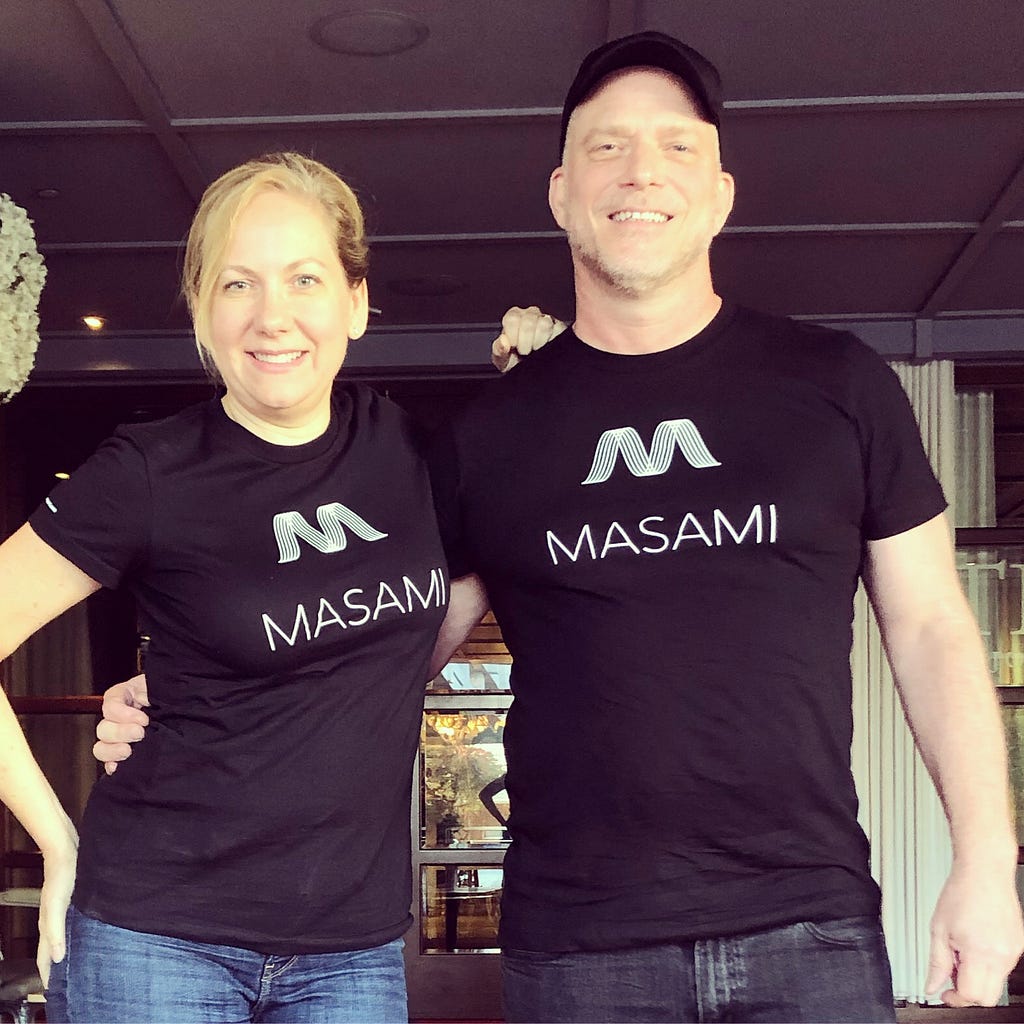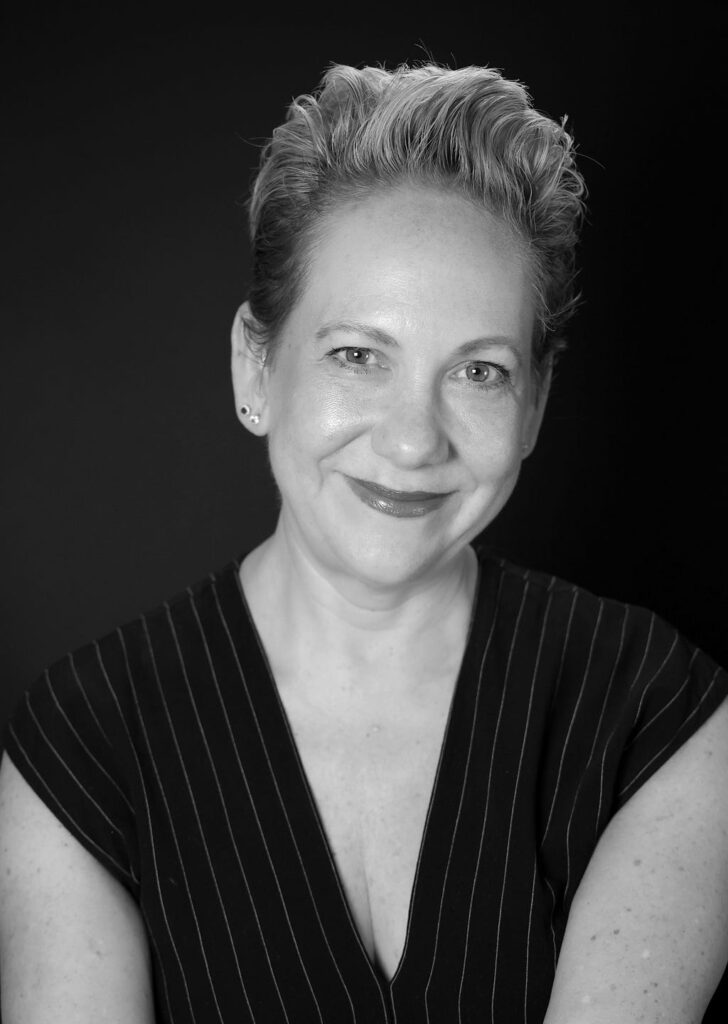An Interview With Wanda Malhotra
WIDE APPEAL. Make sure you have a viable product concept. I’ve seen founders get really excited about a very niche product (an office cape!) that no one else really wanted. So make sure your product has wide appeal if you really want this to be a scalable business.
In an era where conscious consumerism is on the rise, the beauty industry is undergoing a significant transformation towards cruelty-free and ethical practices. This series aims to highlight and celebrate the brands and individuals who are at the forefront of this movement, showcasing their commitment to ethical sourcing, animal welfare, and sustainable production in the world of cosmetics. As a part of this series, I had the distinct pleasure of interviewing Lynn Power.
Lynn is a long time advertising executive (formerly CEO of J. Walter Thompson NY), turned entrepreneur. She launched MASAMI, clean premium haircare in 2020. After a battle with breast cancer in 2021, Lynn launched the Conscious Beauty Collective in 2022, a group of 30+ indie beauty & wellness brands helping each other grow.
Thank you so much for joining us! Before we dive in, our readers would love to “get to know you” a bit better. Can you tell us a bit about your ‘backstory’?
I spent almost 30 years working in the advertising industry which I loved for a long time. As I became more senior in the industry (and eventually was responsible for running agencies in NYC), my job became more bureaucratic and less fun. I left in 2018 to do my own thing — which meant launching a premium clean haircare brand, MASAMI, followed by a clean candle brand, Isle de Nature, and then launching the Conscious Beauty Collective in 2022.
Can you share with us the most interesting story from your career? Can you tell us what lessons or ‘takeaways’ you learned from that?
When I was in advertising, it was a bit of the “MadMen” era still. So, a lot of my stories would have to be censored — and would certainly not be ok in today’s corporate world. But one of my biggest takeaways from that era is the need to advocate for yourself. Don’t believe that if you just put your head down and do a good job that people will notice and reward you.
You are a successful leader. Which three character traits do you think were most instrumental to your success? Can you please share a story or example for each?
- Accessibility. I’ve never believed in the ivory tower style of leadership. I’ve found that the people around you are more interested in doing more when they fully understand the vision and direction you’re headed. And that often means leading by example, being willing to take constructive criticism and being open and receptive to potential opportunities.
- Curiosity. This is a really important trait and often overlooked. It’s one that anyone can work to improve. Curiosity keeps you out of your bubble and helps you find interesting connections that might have otherwise been missed.
- Energy. People want to see things happening. They also want to feel inspired and optimistic. Leaders who give off a negative energy almost always have their days numbered. Even when things are hard, you can strive to find the good in anything and push to keep moving.
Are you working on any exciting new projects now? How do you think that might help people?
I’m staying busy with the Conscious Beauty Collective — currently in downtown Palm Springs, CA through April 30, 2024. It’s a retail concept with 30+ indie beauty & wellness brands (including mine of course) which is a great way for people to discover new clean brands they will love — and hard to find elsewhere. We are also working on launching a body wash and a few other products that are good for you and good for the environment.
Ok, thank you for all that. Now let’s shift to the main focus of our interview. What inspired you to embrace cruelty-free and ethical practices in the cosmetics industry, and how has this commitment shaped your brand’s philosophy?
It’s really a no-brainer to embrace cruelty-free, ethical practices, plant-based formulations and sustainability in anything you make these days. My hope is that if enough indie brands create products that are good for you and
good for the environment, it will force the larger corporations to adapt.
How do you ensure that your products meet both ethical standards and consumer expectations for quality and performance?
We are certified Vegan (Peta) and cruelty-free (Leaping Bunny). We also are very transparent with our supply chain — and have even visited the family-owned seaweed company in Japan who supplies our Mekabu powder. It’s important to know firsthand where you ingredients and products come from to ensure they are ethically produced.
Can you share a challenge you faced while transitioning to or maintaining cruelty-free practices and how you overcame it?
One of the big challenges is that the laws are very different internationally. For a while, China required animal testing so expanding to China was a non-starter for us. It’s quite difficult to stay on top of all of the regularly changes (including California’s Prop 65).
In your opinion, what are the biggest misconceptions about cruelty-free and ethical cosmetics, and how do you address these in your marketing and education efforts?
There is still the perception that clean products don’t perform as well. This is changing as more and more high quality, high performing products are introduced in the market. As a haircare brand, we deal with this by getting salon and stylist endorsements, so our customers can see that we really are salon quality.

Based on your research or experience, can you please share your “5 Things You Need to Create a Successful Cruelty-Free Brand”?
1 . WIDE APPEAL. Make sure you have a viable product concept. I’ve seen founders get really excited about a very niche product (an office cape!) that no one else really wanted. So make sure your product has wide appeal if you really want this to be a scalable business.
2 . DIFFERENTIATION. There is so much clutter and noise in the beauty industry, just being clean, vegan or cruelty free isn’t enough. If you are just making another skincare product that’s not very differentiated, it will be hard to get traction. Make sure you have something unique that people can understand — an ingredient, a technology, a benefit, etc. There’s a brand in the Conscious Beauty Collective who is the first to uses Guyanese Bootlace Bark extract which gives them a unique story. Of course, if you’re the first, then you’ll have the job of educating people about it, but at least you’ll own that ingredient which makes your marketing easier.
3 . MONEY. Make sure you really understand the financing you’ll need to be successful. Even though the bar is pretty low to launch a new beauty product, the launch isn’t the hard part. Growing it and maintaining momentum takes enormous effort (and cash). Some founders have been saying you need at least $1M to launch a beauty brand these days. So have a realistic perspective on this and do your homework to understand all of the potential costs and cash flow needs.
4 . CONTENT. These days, we sadly have attention spans shorter than a goldfish. This means that you will need a TON of content to get your story out there. Not just social media (which is daily), but also blogs, livestreaming, longer form content, etc. This is especially helpful to explain some of your “why” — why did you decide to make your products cruelty-free or vegan, etc.
5 . BRAND LOVERS. You won’t be able to succeed in the long term without brand lovers. Find them, nurture them and build a community who wants to share, learn and more. Recognize that your customers have a lot of choices, so reinforcing their loyalty is essential. We recently sent our best customers a gift — one of our limited edition hair towels as a thank you. Other brands offer rewards, shout outs, involve customers in product development and more.
Looking ahead, how do you see the future of the beauty industry in terms of sustainability and ethical practices, and what role do you hope your brand will play in this evolution?
I believe that the industry is slowly coming around to cleaning up beauty formulations. Hopefully, there will be more rigorous standards (like EU) that will help eliminate the complexity of having retailers and brands create their own. It’s super frustrating as a brand and consumers to have different ingredients be labeled “dirty” or “clean” by goop vs. Credo vs. Sephora. I’m in the industry and it’s confusing so I can’t imagine what that’s like for a consumer.
You are a person of enormous influence. If you could start a movement that would bring the most amount of good to the most amount of people, what would that be? You never know what your idea can trigger. 🙂
I’d love people to start reading the ingredient labels of what they are putting in and on their bodies. There’s still so much toxic stuff in our products — and that really won’t change until consumers demand it.
What is the best way for our readers to continue to follow your work online?
You can find us at @lovemasamihair everywhere (FB, IG, YouTube, Pinterest, X, Threads)
This was very inspiring. Thank you so much for the time you spent on this. We wish you only continued success.
Beauty Without Cruelty: Lynn Power Of MASAMI On The Future of Ethical Cosmetics was originally published in Authority Magazine on Medium, where people are continuing the conversation by highlighting and responding to this story.
